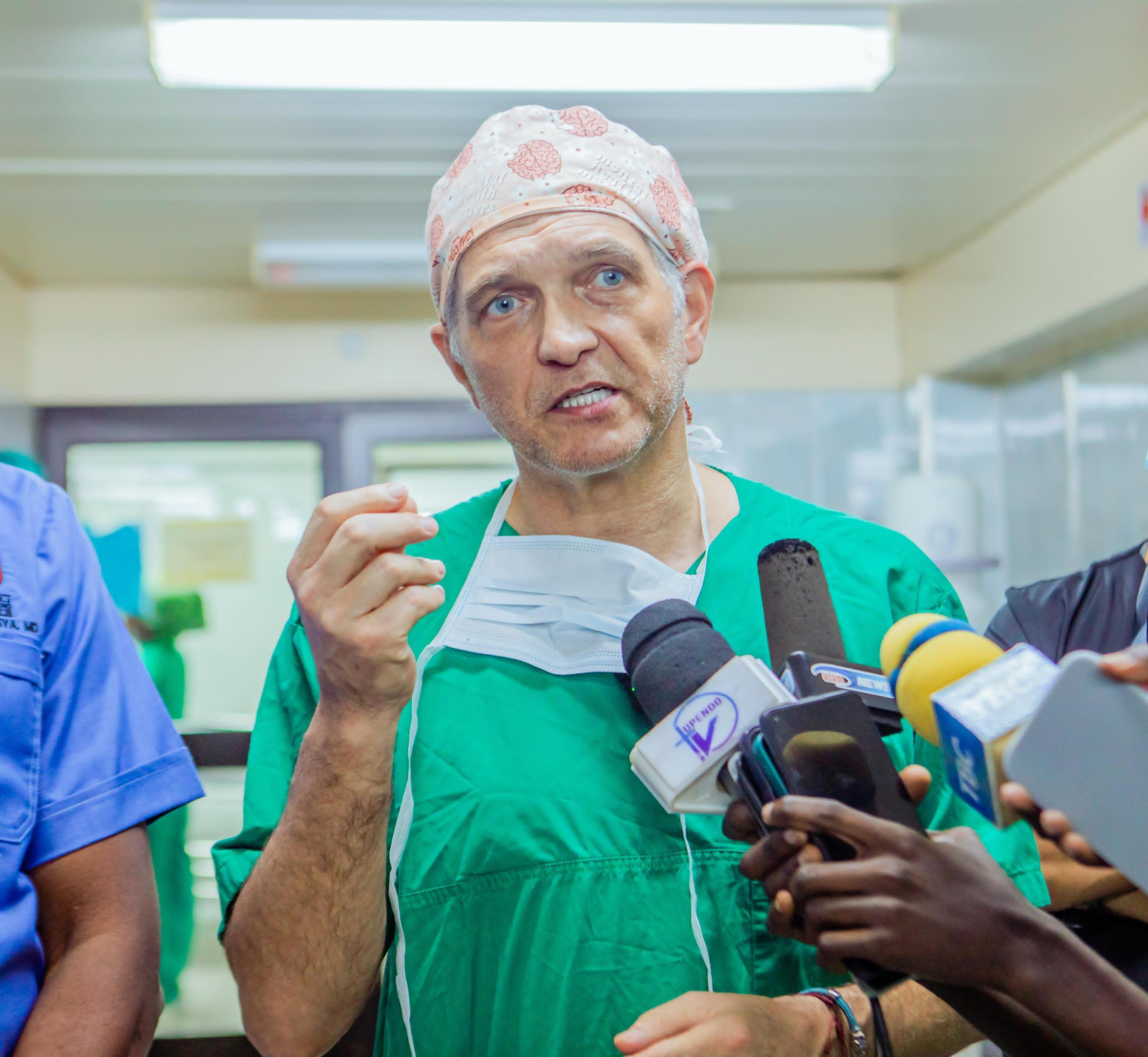
New studies led by Dr. Roger Härtl, the Hansen-MacDonald Professor of Neurological Surgery at Weill Cornell Medicine, shed light on critical gaps in access to neurosurgical literature and patient follow-up care in Tanzania. This work highlights the need for systemic improvements in global health equity.
In a paper published in Neurosurgery, Dr. Härtl and his collaborators investigated whether Tanzanian neurosurgeons can access the academic research that directly informs their clinical practice.
The team found that while 62 percent of Tanzanian neurosurgical literature is available through open-access sources, 9 percent remains entirely inaccessible to the country’s neurosurgeons. The study calls for increased support for open-access publishing and initiatives that ensure physicians in low-resource settings can benefit from the scientific knowledge their colleagues help produce.
A second study, published in BMJ Open, examined follow-up care among patients treated for traumatic spinal injuries at a major medical center in Tanzania.
The researchers found that fewer than one in eight patients returned for follow-up at one year post-injury. Predictors of follow-up included having private insurance, the nature of the initial injury, and signs of neurological improvement.
The findings point to the urgent need for targeted strategies to improve long-term patient engagement and outcomes in low-resource environments.
Dr. Härtl is the founder and director of Weill Cornell Medicine’s Global Neurosurgery Initiative in Tanzania, where he works with local physicians to improve access to neurosurgical care, training and infrastructure. In recognition of this work, he was awarded the prestigious MOI Humanitarian Award. The award was presented at the 11th Global Neurosurgery Course in Dar Es Salaam, Tanzania, in recognition of Dr. Härtl's outstanding mentorship, enduring support, and dedication to advancing neurosurgery at the Muhimbili Orthopaedic Institute (MOI).